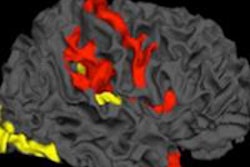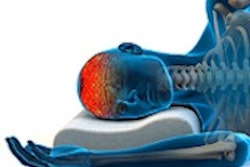With the help of MRI, Mayo Clinic researchers have linked coprophagia with neuropsychiatric disorders, particularly neurodegenerative dementias, according to a study in the May issue of the Journal of Neurology.
Coprophagia is a condition in which a person eats his or her own feces, which could lead to infection and possibly death. The researchers searched for patients seen at the Mayo Clinic in Rochester, MN, between 1995 and 2015 who had the condition. They identified a dozen patients diagnosed with coprophagia who met the study's inclusion criteria; of these, half had dementia (J Neurol, May 2016, Vol. 263:5, pp. 1008-1014).
The six men and six women had a median age of onset for the condition of 55 years, ranging from 20 to 88 years. In the six patients with dementia, brain MRI scans showed moderate to severe atrophy in the medial temporal lobe, as well as mild atrophy in the frontal lobe. In the six patients without dementia, coprophagia was associated with issues such as seizures, developmental delay, and schizoaffective disorder.
Lead study author Dr. Keith Josephs, a behavioral neurologist at the Mayo Clinic, said that coprophagia in humans is likely underreported. He encouraged families and caregivers to reach out to the patients' care teams for help, because treatment is available.



.fFmgij6Hin.png?auto=compress%2Cformat&fit=crop&h=100&q=70&w=100)




.fFmgij6Hin.png?auto=compress%2Cformat&fit=crop&h=167&q=70&w=250)











